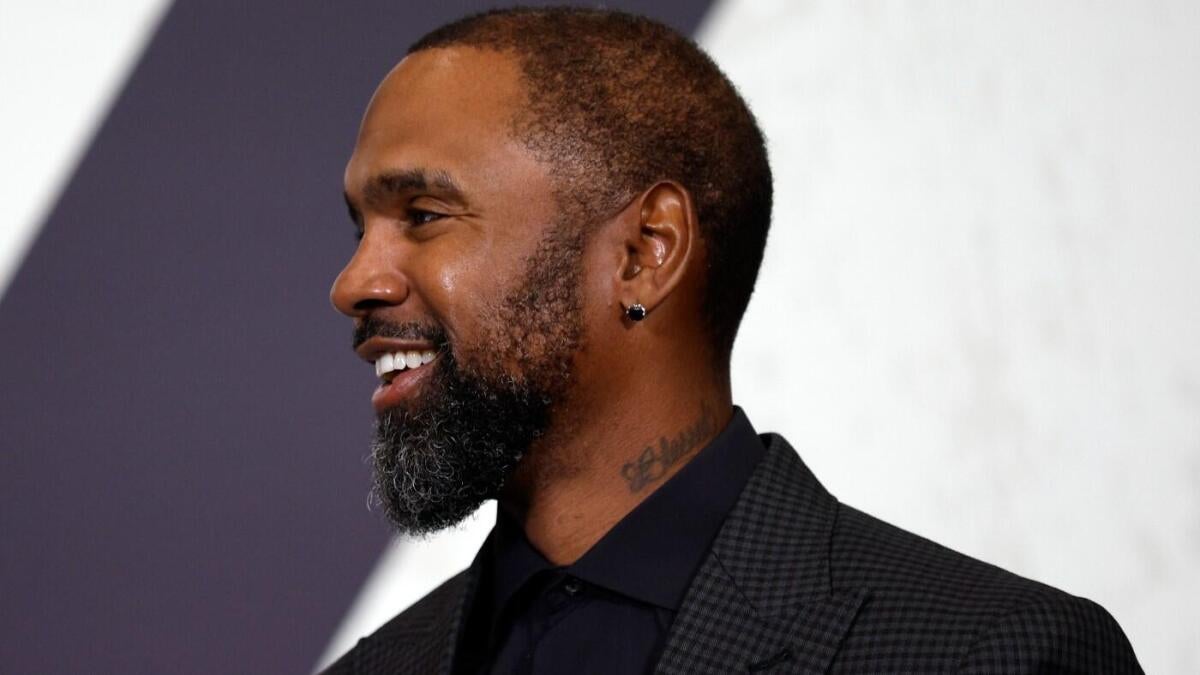Charles Woodson’s Entry into Cleveland Browns Ownership: An In-Depth Analysis
A New Chapter Beyond the Gridiron
Charles Woodson’s transition from celebrated NFL defensive legend to minority owner of the Cleveland Browns signals a compelling evolution in his football journey. This acquisition carries significance that stretches beyond the balance sheet — it intertwines Woodson’s personal roots, business savvy, and the broader NFL landscape’s shifting approach to former player involvement in ownership. Delving into these layers reveals the multifaceted importance of this move for Woodson, the Browns, and professional football at large.
Deep Local Connection: More Than a Business Deal
Woodson’s Ohio upbringing in Fremont, just a short drive from Cleveland, endows his investment with a palpable sense of homecoming. This isn’t a detached corporate transaction but rather an embrace of his geographic and cultural heritage. Fans often crave ownership that understands and respects the local ethos, and Woodson’s intimate connection to the region positions him uniquely to embody that role. His stake, while relatively small at 0.1%, taps into the longstanding narrative of loyalty and local pride, elements that resonate deeply with the Browns’ supporters.
Investment Details and NFL Governance
At an estimated $5 million price point, Woodson’s minority stake is a fraction of the Browns’ overall valuation—which hovers above $5 billion—but holds symbolic and potentially strategic weight. Purchased from majority owners Jimmy and Dee Haslam, this move integrates Woodson into an ownership group with an established presence since 2012. However, the investment comes with specific obligations stemming from NFL policies. Woodson’s role as a FOX Sports analyst necessitates restrictions on his promotion of certain personal business ventures involving alcohol packaging. These conditions highlight the league’s intricate balancing act: fostering player-owners’ involvement while maintaining clear boundaries to prevent conflicts of interest.
Bridging Legacy and Strategic Influence
Woodson’s entrance into ownership echoes a growing trend where retired players leverage their experience into executive and ownership roles. Alongside figures like Tom Brady, who acquired a significant share in the Las Vegas Raiders, Woodson’s role represents a bridge between on-field impact and boardroom influence. Minority owners traditionally hold limited day-to-day operational control; however, they participate in key franchise decisions and contribute to shaping organizational direction. This move not only extends Woodson’s football legacy but positions him as a potential influencer within Browns’ strategic planning and broader NFL initiatives.
Enhancing Brand and Community Engagement
Ownership stakes broaden Woodson’s platform, allowing for diversification and strengthening of his personal brand aligned with an iconic NFL franchise. Beyond the financial and media dimensions, his presence may deepen the Browns’ local identity and community relations. Such integration can improve fan engagement, connect current players with alumni role models, and amplify the franchise’s cultural footprint within Ohio.
Navigating Challenges and Restrictions
Balancing Woodson’s dual identities as broadcaster and team part-owner involves navigating league-imposed restrictions carefully. The NFL’s mandate that Woodson remove his name, image, and likeness from some alcohol-related commercial products underscores the nuanced regulatory framework governing NFL owners, particularly those with public media roles. Successfully managing these complexities will be vital for Woodson’s smooth transition and ongoing contributions.
Broader Implications for NFL Ownership Dynamics
Woodson’s acquisition highlights a shift in the NFL’s ownership paradigm, encouraging former stars to take on more prominent roles in franchise leadership. This diversification may influence league culture, governance, and how teams engage with their communities and brands. It reflects an evolving respect for players’ voices beyond their playing years and paves pathways for future legends to carry forward their influence off the field.
A Lasting Impact: Woodson and Browns Moving Forward
Charles Woodson’s minority ownership stake represents a promising intersection of legacy, hometown passion, and professional evolution within the NFL. Far from a mere financial investment, this move signals a broader narrative about the role of former players shaping their sport’s future on new terms. For the Browns, Woodson’s involvement not only enriches their ownership roster but also strengthens their connection to Ohio’s football tradition, benefitting fans and the entire organization. As Woodson steps fully into this new role, the Browns—and the league—stand to gain from his unique perspective and enduring commitment to the game’s growth and community.











